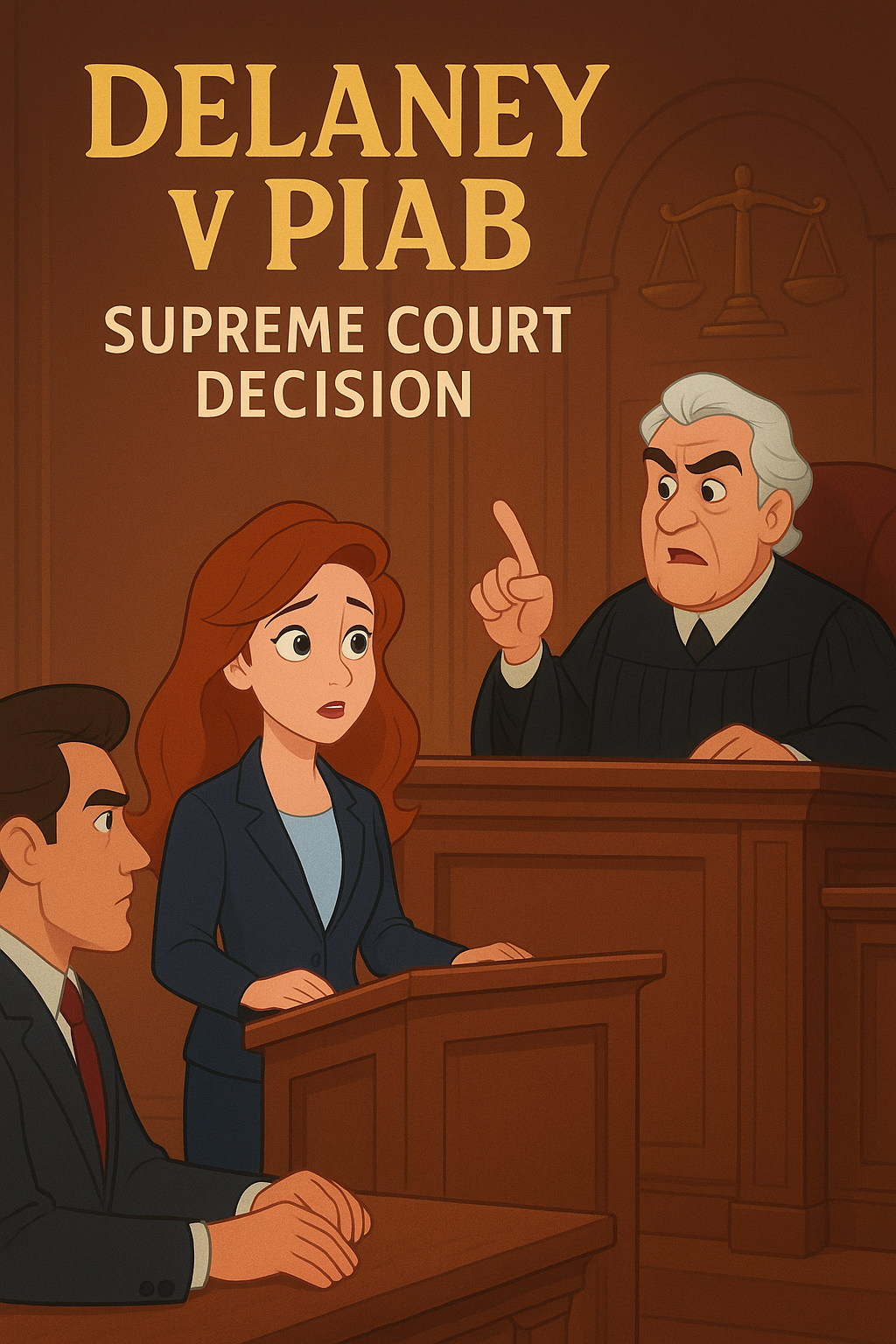Introduction
Following on from our previous briefing, the Supreme Court on 9th April 2024 delivered its much-anticipated decision in Delaney v PIAB, The Judicial Council of Ireland and The Attorney General. The ruling confirms that the Personal Injuries Guidelines remain valid and legally binding, even though part of the Judicial Council Act 2019 was struck down.
This judgment provides certainty for the future of personal injury compensation in Ireland and clarifies the ongoing role of PIAB.
Landmark decision on case ‘of systemic importance’
The Court ruled that Brigid Delaney had lost her appeal. The Judicial Council-approved guidelines — which significantly reduced awards for minor injuries — remain binding, and any changes to them must now come through legislation.
A seven-judge panel delivered five separate judgments, with two further judges concurring.
Presiding, Mr Justice Peter Charleton emphasised that the case would affect thousands of future personal-injury claims and “multiples of that” into the future. He described the matter as being “of systemic importance.”
Background to the Case
-
On 12 April 2019, Mrs Delaney fell on a footpath in Dungarvan, suffering a minor ankle fracture.
-
Under the Book of Quantum, her damages were estimated at €18,000–€34,000.
-
PIAB instead applied the new Personal Injuries Guidelines, awarding €3,000.
-
She challenged this in the High Court, arguing that the Guidelines were unconstitutional.
Issues Raised
The applicant claimed that:
-
Section 7(2)(g) of the Judicial Council Act 2019 was an impermissible delegation of legislative power.
-
The Act infringed judicial independence under Article 35.2.
-
The Guidelines were applied retrospectively, depriving her of vested rights.
-
Reduced awards infringed her rights to property, bodily integrity, and equality.
High Court Decision
Mr Justice Charles Meenan rejected the challenge, holding that:
-
Section 90 of the 2019 Act set out adequate principles and policies.
-
The Judicial Council properly followed these when drafting the Guidelines.
-
Courts retained discretion to depart from the Guidelines, preserving independence.
-
PIAB acted lawfully under the PIAB Act 2003.
Supreme Court Decision
The Supreme Court took a narrower approach:
-
By a 5–2 majority, it held that Section 7(2)(g) of the 2019 Act was unconstitutional as an impermissible delegation of legislative power.
-
However, this flaw was cured by the Family Leave and Miscellaneous Provisions Act 2021, which formally enacted the Guidelines into law.
-
As a result, the Guidelines survived the challenge and remain binding.
-
PIAB’s award of €3,000 was therefore lawful.
Practical Consequences
-
Binding effect: The Guidelines are legally binding, with departures allowed only in exceptional circumstances where no reasonable proportion exists.
-
Legislation required: Any future changes must be passed by the Oireachtas.
-
Reviews: A statutory review every three years is required, though amendments may now be delayed.
Conclusion
The Delaney v PIAB Supreme Court decision confirms that the Personal Injuries Guidelines remain the law in Ireland. Despite striking down part of the Judicial Council Act 2019, the Supreme Court has provided certainty to claimants, defendants, insurers, and practitioners that the Guidelines will continue to govern the assessment of general damages.








